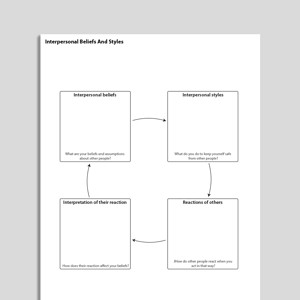Enhancing Sexuality: A Problem-Solving Approach To Treating Dysfunction (Second Edition): Workbook
Treatments That Work™
Enhancing Sexuality: A Problem-Solving Approach To Treating Dysfunction (Second Edition): Workbook
application/pdf
•
306.93 KB




































